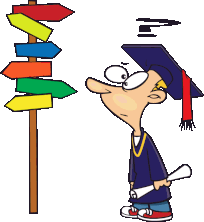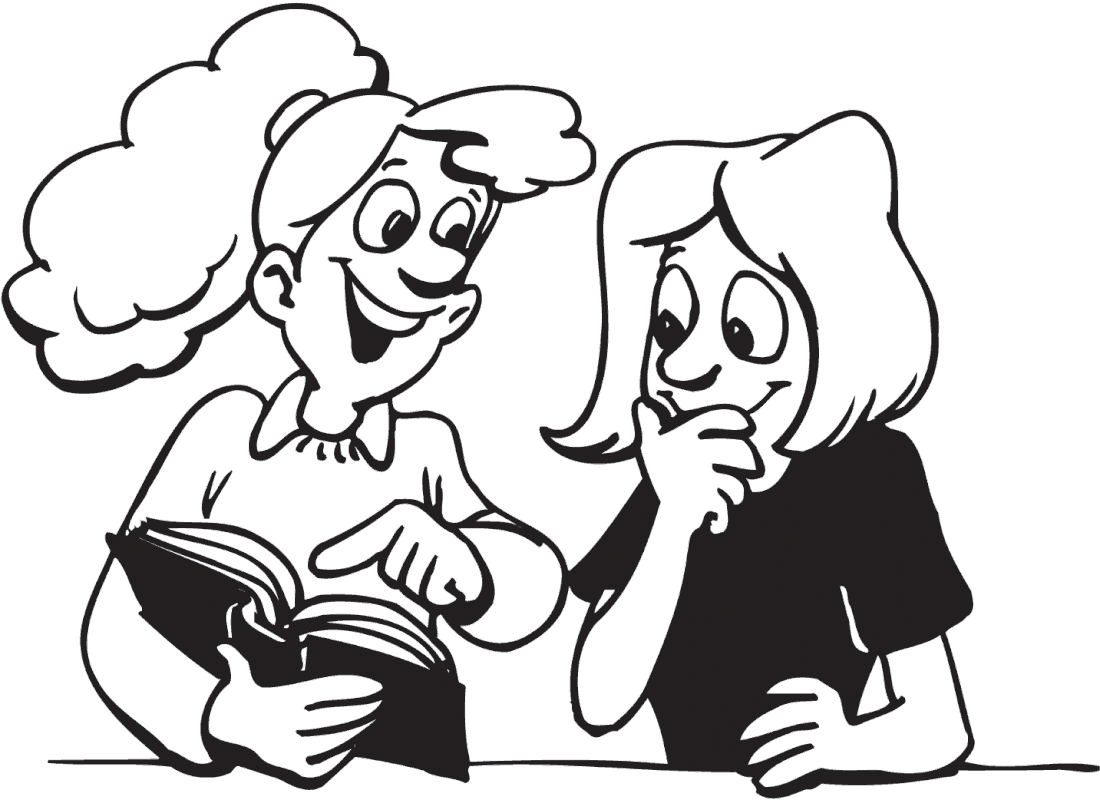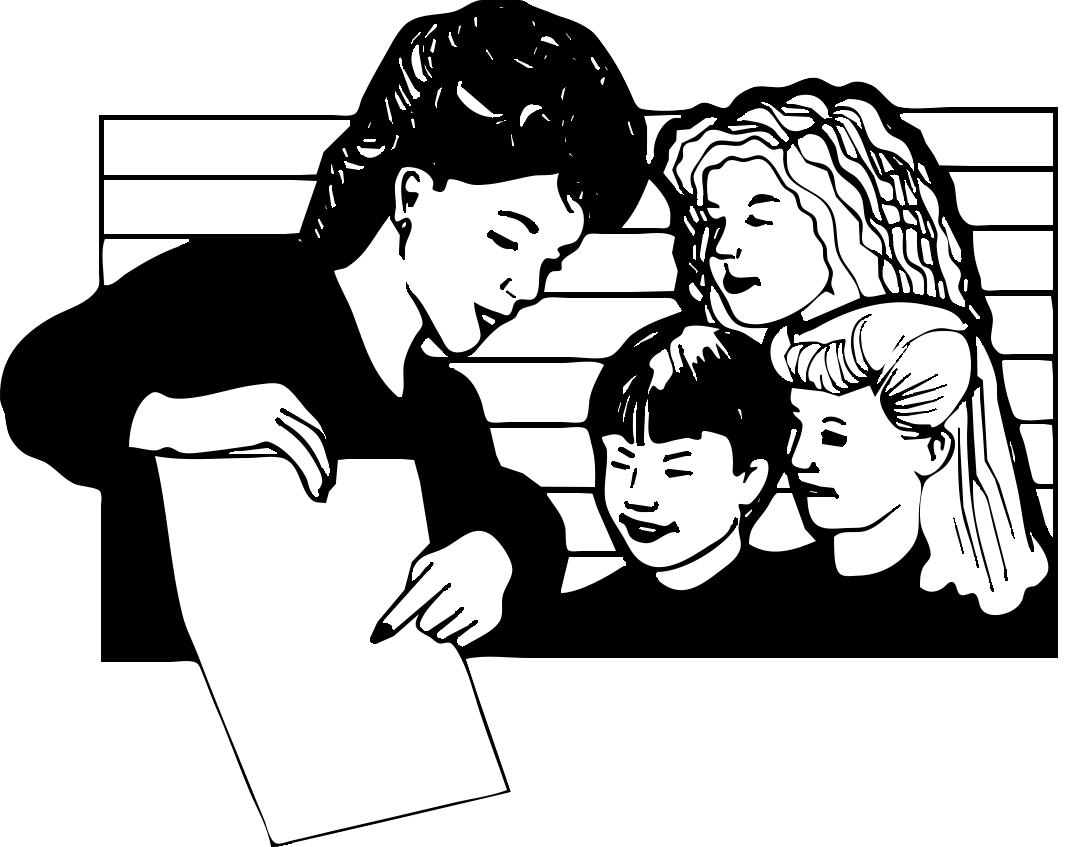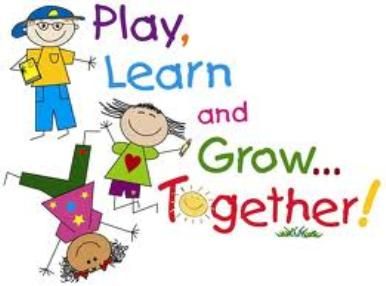
Some children learn at home, but are not exempt as they are enrolled in Te Kura or other distance learning schools. Confusion often arises around homeschooling vs distance learning options, and when exemptions are needed, which this post seeks to clarify.
Te Kura - the NZ Correspondence School
- are from families who are geographically remote or itinerant, or living overseas
- have been bullied, alienated or excluded/expelled from their face-to-face school
- have been referred to Te Kura by the Ministry of Education due to psychological or psycho-social needs
- have a long-term illness or medical condition (Early Childhood only)
- have learning support needs
- are pregnant or are young parents
- have been referred by the Ministry for Children, Oranga Tamariki or the Department of Corrections
- are elite athletes, dancers, musicians, sportspeople or performers whose extra-curricular commitments make a regular school routine impossible
- would like a second chance at completing their high school qualifications (young adults)
- are unable to attend an early childhood education centre locally because of distance and isolation or because demand exceeds the places available in their area.
NB: there are some gateways that are not funded, also set out in the enrolment policy, such as certain overseas students, and exempt fee-paying students (see below).
When students are enrolled in Te Kura, their work/resources are (mostly) provided by the school, and their progress is assessed and monitored by the teachers, just like in a regularly school.
All students who are enrolled under one of the funded gateways are still enrolled in a registered school (in this case, Te Kura) and therefore do not need/hold a homeschooling exemption, and are not homeschoolers, even though they are learning at home.
However, students who do not fit the criteria for free enrolment in Te Kura may still be enrolled if their parents first gain a homeschooling exemption, and then choose to enroll on a fee-paying basis. A full programme costs about $8K per year, or individual subjects about $1800/year. The 2023 fee schedule can be found HERE. Because such students would hold a homeschooling exemption, their parents are taking responsibility for their education, and simply "purchasing" Te Kura courses as a resource; they are homeschoolers.
Note that students who hold a homeschooling exemption and are aged 16-19 can be enrolled in 1 or 2 free subjects with Te Kura under the young adult gateway, and still retain their homeschooling exemption. However, if they enroll in 3 or more subjects they are considered "full time funded" and their exemption would be ceased.
Other Distance Schools in New Zealand
- Mt Hobson Academy (NZ curriculum/NCEA)
- AGE School (NZ curriculum/not applicable)
- Amana Christian School (ACE curriculum/ACE Certificate)
- Otamatea Christian School (ACE curriculum/ACE Certificate)
- ATEA College (Cambridge curriculum/Cambridge exams)
- Crimson Global Academy* (Cambridge curriculum/Cambridge exams)
For students enrolled in these schools, like Te Kura or any physical school, the school is responsible for providing the teaching, curriculum, assessment and monitoring etc.
Students enrolled in these schools are enrolled in a registered school. They do not need/hold a homeschooling exemption and are not homeschoolers, though they are learning at home.
However, there are other distance learning schools which are NOT NZ registered schools (for example they may be based overseas). Families who wish to enroll their children in those schools will need a homeschooling exemption first, and therefore will be homeschoolers.
*Note: Crimson Global also offers part-time options, where families can either be dual-enrolled between another registered school and CGA, or be home educated with an exemption and do some subjects with them.
Homeschooling
These families may choose from a range of curriculum and other resources, including, if they wish, paying for Te Kura courses, paying tutors etc, though most families don't do that. Whatever they do choose, they are taking personal responsibility to ensure that their child will be "taught as regularly and well as they would be if enrolled in a registered school." There are no free resources provided by the government - the parents are solely responsible for sourcing and funding resources (other than some access to Ministry resources through Down the Back of the Chair)
Homeschooling families are eligible for a small stipend (called the "supervision allowance"), which they can use as they see fit. They can purchase whatever resources they wish, or use no paid resources and make up their own lessons ultilising free resources like the library or free downloads etc.
More on how to get started homeschooling can be found HERE as well as on the Ministry's webpage.
Homeschooling/Home Education/Distance Learning and the confusion of terms
Many parents who have children enrolled full time as funded Te Kura students also think of themselves as homeschoolers, because their children are "doing school at home." They may be involved in local homeschool groups (where such groups welcome Te Kura students). Because of this, and because members of the public who may not know any different also tend to lump all home-based learners into the "homeschooling" basket, folks who are new to the whole scene are often confused, and as a result get the wrong end of the stick about when/if they need a homeschooling exemption or not, whether they can just enroll in Te Kura as an option, whether the government provides curriculum and resourcers and so on. Te Kura staff tell us that they are needing to explain the difference to parents on a daily basis (though not always successfully), and I and other home education consultants find we are often doing the same.
In an ideal world, perhaps we'd all have/stick to clearer "labels" but of course that's not likely to happen, and we also respect folks right to use their own terms for their own lives/children. However, the simplest ways to identify the categories are:
"Homeschooler" or "home educator" = student who has a Section 38 long term exemption. It is exclusively these students to whom the Ministry and Te Kura would apply these labels. To them, all other students are NOT homeschoolers. Homeschool parents are legally responsible for overseeing/delivering their child's learning programme, and for monitoring their progress.
"Distance learner" - student who is enrolled in a distance school, whether Te Kura or a private distance school, and does NOT hold a Section 38 exemption. Distance students have teachers who are legally responsible for delivering and overseeing their programme of learning, and assessing/monitoring their progress.
As explained above, there are some students who are both exempt and enrolled in Te Kura via the fee paying gateway, or enrolled in an off-shore distance programme; legally they are homeschoolers/home educators. A student cannot be both exempt and enrolled in other NZ private distance schools, as enrolment in them is enrolment in a registered school which voids any exemption, and those schools don't have alternative options like Te Kura does.
Summary (or what Te Kura/the Ministry wish parents knew)
The points that Te Kura feels parents need to be reminded of and have clarified for them are...
- Te Kura and any other registered online schools are not classed as homeschooling; they are schools.
- Te Kura is a state school that offers free distance education to students who cannot attend their local school due to one of 10 very specific reasons, listed here [copied above]
- To homeschool a parent needs to apply to the Ministry of Education for a homeschooling exemption. Their page on homeschooling is here. [This website also contains much info on homeschooling, and I offer a guide to exemptions and other resources]
- To enroll at Te Kura no exemption is required, but a student must meet their free entry enrollment criteria, and if they do, then Te Kura as a government-funded registered state school will become their official school. However, they are not homeschooling, even though they will be learning and studying at home. [The same applies if they are enrolled at any other NZ registered distance school, except they will pay fees.]
- If a student does not have a homeschooling exemption, that their parents have written an application for and sent for approval to the Ministry of Education, they are not classed as homeschooled, no matter how much work is involved on the part of the parent.
- However, a homeschooled student, with an exemption, can apply to Te Kura as a private candidate at a cost of around $8000 to undertake study through them. In this case, since they will still have an exemption, they will retain their homeschooling status via this paid route.
- At age 16, a homeschooled student with an exemption can take up to two courses through Te Kura and not lose their homeschool exemption. Three or more courses at Te Kura means you are enrolled with them as your school, and are no longer homeschooled. This is known as the Young Adult gateway and is free.
Conclusion
Personally, I totally understand when Te Kura parents consider themselves homeschoolers, and I also understand how important for many of those families connecting with others via local homeschooling groups can be, and how little social support or connection is otherwise often available for those families. The purpose of this article is not to push any of you away or make you feel unwelcome! It's to define things legally and for the sake of those who are looking to take their kids out of school but are being confused by the terms they hear or in some cases the direct misinformation they have been told (or info they have misunderstood). For such families, clarity around the terms, options, requirements and situation is essential.
If you're a parent newly considering having your child learn at home instead of at school, I hope this article has made things clearer. If you're a parent whose child is already a home-based learner, whether homeschooled or doing distance education, I'd simply encourage you to make sure, when you have conversations with other parents, to be aware of the confusion that can happen, and where warranted, explain the different options and requirements. Using differentiated terms may help with that.







 RSS Feed
RSS Feed
